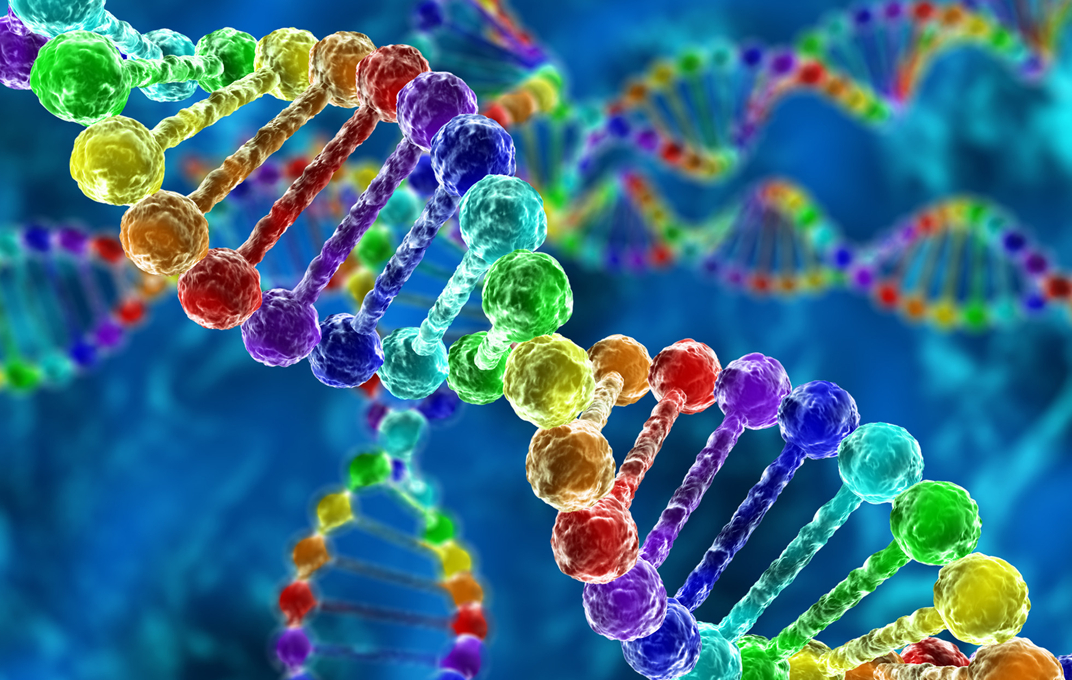At the core of nutritional epigenetics is the concept that certain nutrients can modify the way genes are expressed. For example, compounds found in fruits and vegetables, such as polyphenols and flavonoids, have been shown to activate or silence specific genes involved in inflammation, metabolism, and even cancer development. This means that by choosing a diet rich in these foods, individuals may be able to influence their genetic predispositions toward various health conditions.
Incorporating a variety of nutrient-dense foods is essential for harnessing the benefits of nutritional epigenetics. Whole foods, such as leafy greens, berries, nuts, and whole grains, provide a wealth of vitamins, minerals, and phytonutrients that can positively impact gene expression. A colorful plate not only ensures a broad spectrum of nutrients but also enhances the body’s ability to respond to environmental stressors.
It is also important to consider the timing and frequency of meals, as these factors can influence epigenetic changes. Research suggests that intermittent fasting and time-restricted eating can have beneficial effects on gene expression related to metabolism and aging. By aligning eating patterns with the body’s natural circadian rhythms, individuals may optimize their health and promote longevity.

Another significant aspect of nutritional epigenetics is the role of gut health. The gut microbiome, which consists of trillions of microorganisms, plays a crucial role in digestion and immune function. Emerging evidence indicates that a healthy microbiome can influence epigenetic modifications, further emphasizing the importance of a balanced diet rich in fiber and probiotics. Foods like yogurt, kefir, and fermented vegetables can support gut health and enhance the body’s epigenetic landscape.
Stress and environmental factors also play a role in epigenetic changes. Chronic stress can lead to harmful epigenetic modifications that may predispose individuals to various health issues. Therefore, adopting stress-reduction techniques such as mindfulness, yoga, or regular physical activity can complement nutritional strategies and promote overall well-being.
When exploring the implications of nutritional epigenetics, it is crucial to recognize that individual responses to dietary changes can vary significantly. Factors such as genetics, age, and lifestyle can influence how one’s body reacts to specific nutrients. Therefore, personalized nutrition approaches that consider these variables can be particularly effective. Consulting with healthcare professionals or nutritionists can help tailor dietary choices to individual needs, maximizing the benefits of nutritional epigenetics.
As research in this field continues to evolve, the potential for nutritional epigenetics to inform public health initiatives and dietary guidelines becomes increasingly apparent. Educating individuals about the impact of their food choices on gene expression can foster a proactive approach to health management. By embracing the principles of nutritional epigenetics, individuals can take charge of their health and well-being, making choices that resonate not only with their taste preferences but also with their genetic makeup. This holistic perspective on nutrition and genetics underscores the profound connection between what we eat and how our bodies function at a molecular level.




